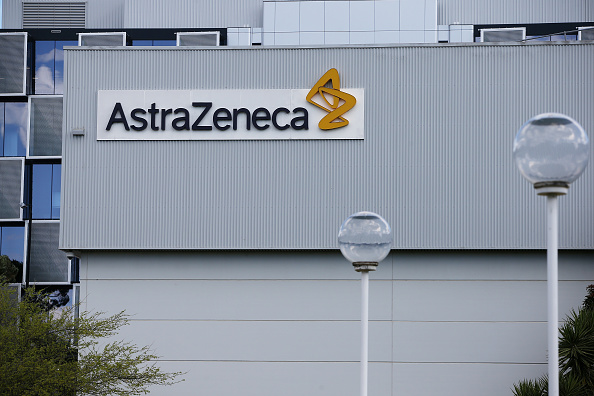Astrazeneca expands cancer treatment stable with purchase of Canada-based Fusion

Pharmaceutical giant Astrazeneca is expanding its cancer treatment capabilities through the acquisition of a major oncology group.
London-listed Astrazeneca today said it would pay $2bn (£1.5bn) cash up front for Canada-based Fusion Pharmaceuticals, which develops so-called next-generation radioconjugates (RCs) – complex drugs which, when fully developed, can destroy existing cancer cells and target potential future ones.
Astrazeneca will acquire all of Fusion’s outstanding shares for a price of $21 (£16.53) per share in cash at closing plus a non-transferable contingent value right of $3 (£2.30) per share in cash payable upon the achievement of an unspecified regulatory milestone.
As part of the transaction, Astrazeneca will acquire the cash, cash equivalents, and short-term investments on Fusion’s balance sheet, which totalled $234m (£184.2m) as of 31 December 2023.
According to the company, RCs carry many potential advantages compared to traditional radiotherapy including minimising damage to healthy cells and enabling access to tumours not reachable through external beam radiation.
This acquisition complements Astrazeneca’s leading oncology portfolio with the addition of the Fusion pipeline of RCs, including their most advanced programme, FPI-2265, a potential new treatment for patients with metastatic castration-resistant prostate cancer (mCRPC).
The acquisition also brings Fusion’s advanced research and development, manufacturing and supply chain capabilities to Astrazeneca and strengthens the latter’s Canadian presence.
Susan Galbraith, executive vice president, Oncology R&D, Astrazeneca, said: “Between 30 and 50 per cent of patients with cancer today receive radiotherapy at some point during treatment, and the acquisition of Fusion furthers our ambition to transform this aspect of care with next-generation radioconjugates.
“Together with Fusion, we have an opportunity to accelerate the development of FPI-2265 as a potential new treatment for prostate cancer, and to harness their innovative actinium-based platform to develop radioconjugates as foundational regimens.”
The buy follows the firm’s recent acquisition of rare disease biotech firm Amolyt Pharma, as part of its expansion into the development of rare disease treatments.
As of 19th March, the group’s market cap stands at £160bn, making it the second largest UK-listed firm behind oil and gas supermajor Shell.